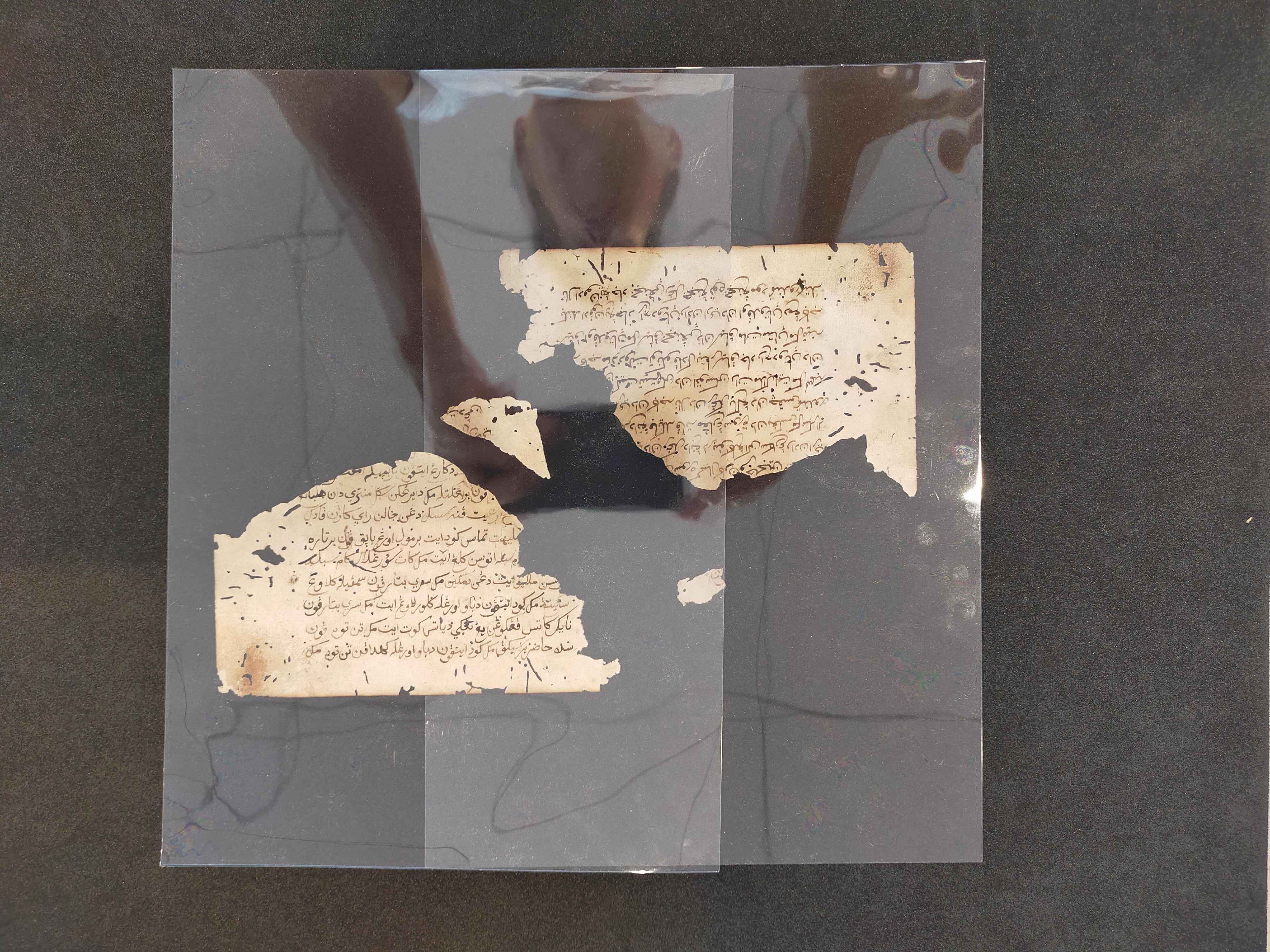
A Silent Crisis: Alzheimer's in Johor


As nations worldwide grapple with ageing populations, Malaysia is no exception. With age comes an increased risk of age-related diseases like Alzheimer's, the most common cause of dementia, which accounts for 60% to 80% of dementia cases.
However, Alzheimer's and dementia are not interchangeable terms, despite public misconception. Dementia is a broad term encompassing symptoms such as memory loss, impaired thinking, and diminished social abilities that interfere with daily life. Alzheimer's, on the other hand, is a specific brain disease—progressive in nature—that leads to a continuous decline in cognitive, behavioural, and social skills.
Johor’s Growing Dementia Challenge
In Johor, the numbers are stark. With a population of 4,009,670 and an elderly population of 220,000, the National Health and Morbidity Survey (NHMS) 2018 estimates that approximately 8.5% of the aged population lives with dementia. This translates to about 18,700 individuals in Johor potentially facing the challenges of dementia or Alzheimer's.
Yet, resources to meet this demand are limited. Johor has just one Alzheimer's Day Care Centre—the Johor Bahru Alzheimer's Disease Support Association (JOBADA). This facility accommodates only 18 patients daily, five days a week, leaving thousands without access to professional care.
Cultural Barriers and Stigma
Dr. Suraya Yusof, co-founder and advisor at JOBADA, highlights that cultural perceptions and limited medical resources are significant hurdles to addressing dementia care. "Despite increasing awareness, dementia care remains a sensitive topic," she explains. Many still view memory loss and behavioural changes as natural aspects of ageing, failing to recognise these symptoms as potential indicators of severe health conditions.
Adding to the challenge is the stigma attached to terms like ‘nyanyok’ commonly used in Malaysia to describe cognitive decline. "These terms carry negative connotations, often associated with advanced dementia and behavioural issues," Dr. Suraya notes.
To combat this, healthcare professionals are working to introduce ‘dementia’ as a medical term to soften the stigma and promote early diagnosis. "This subtle shift aims to foster early diagnosis and support rather than social isolation or denial," she adds.
The Need for Greater Awareness
Dr. Hj. Norazam bin Harun, a co-founder of JOBADA, agrees that stigma and ignorance persist despite ongoing efforts by institutions like Hospital Permai located in Johor Bahru—the second-largest psychiatric hospital in Malaysia—and JOBADA.
"Many people mistakenly associate dementia with the natural ageing process," says Dr. Norazam. "While occasional forgetfulness is common with ageing, dementia is a serious condition beyond typical age-related memory lapses."

Dr. Norazam elaborates that Alzheimer's patients face unique challenges. They often struggle to recall recent events even with prompts but can vividly remember distant memories, such as childhood events or time spent in their villages. This distinction highlights the profound impact of dementia on the brain.
Hope on the Horizon
Promising new drugs for Alzheimer's have been approved in countries like the United States, Japan, and South Korea, but they are not yet available in Malaysia. "These treatments must be administered directly to the brain, which carries risks such as brain haemorrhage," Dr. Suraya reveals.
However, researchers are working on safer oral alternatives that could become available within the next decade. "This is a long time to wait for those facing the onset of Alzheimer's," she acknowledges.
A Call for Action
Dr. Suraya and Dr. Norazam emphasise that tackling Johor’s dementia crisis requires a collective effort. Community involvement, increased funding, and early education about dementia are essential steps in addressing this issue.

As Alzheimer’s continues to impact thousands of families in Johor, JOBADA remain steadfast in their mission to provide care, reduce stigma, and spread awareness. Together, we can combat the silent crisis of Alzheimer’s and support those affected.
Readers are encouraged to donate and help JOBADA continue its vital work. Every contribution brings hope and makes a tangible difference in the lives of those living with Alzheimer’s and dementia.—Donate Now!







